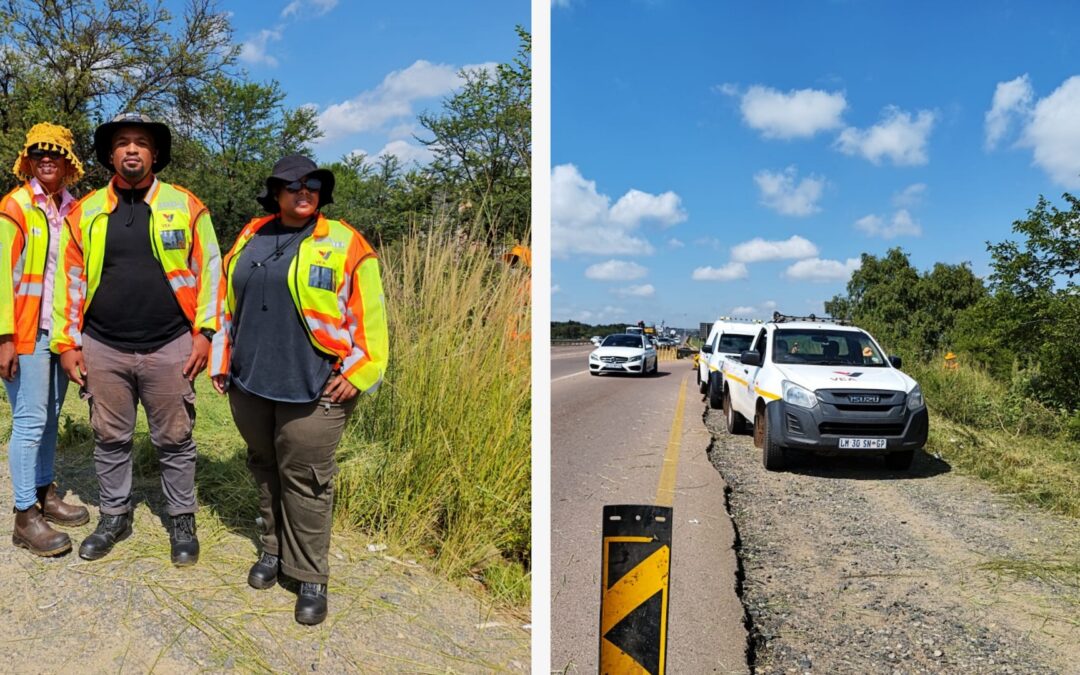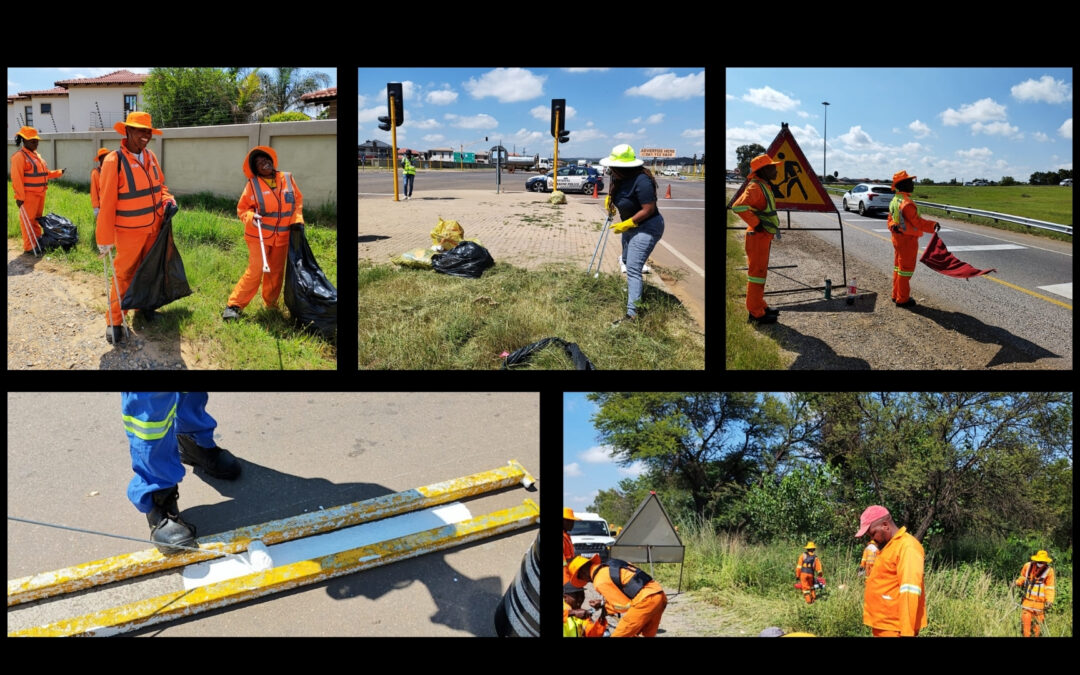As South Africa continues to invest in infrastructure development, road construction is evolving rapidly with the adoption of transformative technologies, sustainable practices, and strategic industry shifts. At VEA Road, we’re at the forefront of these advancements, ensuring that our projects meet global standards while addressing local challenges. Let’s explore the top trends shaping road construction in South Africa for 2025.
Adoption of Advanced Construction Technologies
Technological innovation is revolutionising the road construction industry, enabling faster, safer, and more efficient project delivery. In South Africa, the following advancements are gaining traction:
- Drones for Surveying and Monitoring:
Drones equipped with LiDAR technology are being used to survey large areas quickly and accurately, reducing the time and cost associated with traditional land surveying methods. These drones also help monitor construction progress in real-time. Yellow Scan IAS - AI and Machine Learning in Design:
Artificial intelligence is improving road designs by analysing traffic patterns, soil conditions, and weather data. Machine learning algorithms can predict potential structural issues, allowing for proactive solutions. IEOM Society - Automation and Robotics:
Advanced self-operating machinery—such as automated pavers and rollers—are boosting productivity on South African construction sites. These high-tech systems deliver exceptional precision, paving the way for smoother, more durable roads and setting new benchmarks for quality and efficiency.
Sustainable Road Construction Practices
Environmental sustainability is no longer optional—it’s a priority. South Africa is aligning with global goals to reduce carbon footprints and promote green construction practices. Key trends include:
- Recycling and Reusing Materials:
Reclaimed asphalt pavement (RAP) and recycled aggregates are driving sustainable innovation, reducing reliance on virgin resources and cutting waste. Research Conducted by Wits University - Green Asphalt Technologies:
Innovations such as warm mix asphalt (WMA) and bio-asphalt, which use plant-based binders, are being adopted to lower greenhouse gas emissions during production. KH Plant - Solar Roads:
Although still in its infancy, the concept of solar roads—embedding photovoltaic cells into road surfaces—is being explored as a potential solution for generating renewable energy. Sparks electrical News
Emphasis on Smart Infrastructure
As urbanisation accelerates, South Africa is moving towards building smarter, more connected roads. These innovations aim to improve traffic management, safety, and overall road user experience:
- Integrated Traffic Management Systems:
Smart sensors and IoT devices are being embedded into roads to monitor traffic flow, detect accidents, and manage congestion dynamically. Urban Traffic Control Systems - Vehicle-to-Infrastructure (V2I) Communication:
This technology enables vehicles to communicate with road infrastructure, such as traffic lights and toll gates, enhancing efficiency and reducing delays. - Resilient Infrastructure Design:
With climate change causing more extreme weather conditions, roads are being designed to withstand floods, heatwaves, and heavy rainfall. Permeable pavements and improved drainage systems are part of these strategies. Building Climate Resilience in Infrastructure Projects
Collaboration and Public-Private Partnerships
The South African government recognises the importance of collaboration between public and private sectors to fund and execute large-scale road construction projects. Key initiatives include:
- Blended Finance Models:
By combining government grants with private investments, blended finance is unlocking funding for critical road projects. - Strategic Mega Projects:
Projects like the N2 Wild Coast Toll Route and the Moloto Road Upgrade are examples of how partnerships are driving transformative infrastructure development.
Focus on Safety and Community Impact
Safety and community development remain central to road construction efforts in South Africa:
Safety Innovations:
High-visibility signage, modern road barriers, and smart construction zone warnings are improving safety for workers and motorists, creating safer and more reliable roads.
Job Creation and Skills Development:
Infrastructure projects are putting local labour and skills development first, offering training programmes and sustainable job opportunities to uplift communities.
The road construction industry in South Africa is already transforming, powered by advanced technologies, sustainable practices, and strategic innovation. At VEA Road Maintenance and Civils, we are proud to lead this progress—delivering roads that are durable, efficient, and environmentally responsible while creating jobs and empowering local communities through skills development.
By driving these advancements today, VEA Road Maintenance and Civils is building a more connected and sustainable future for South Africa.











